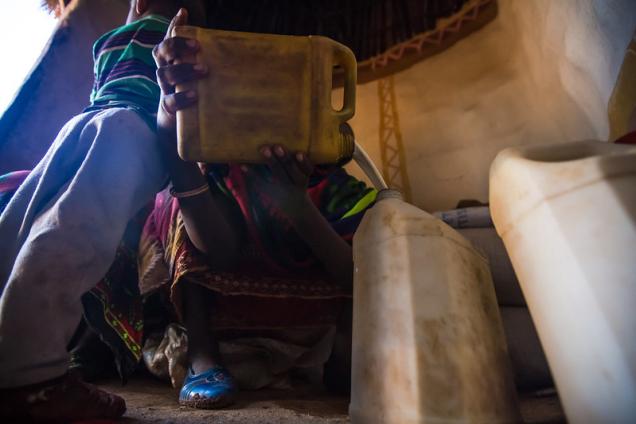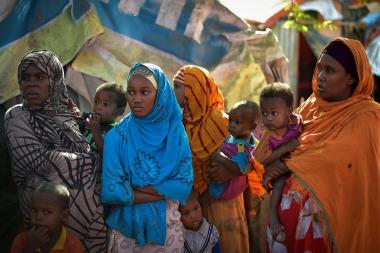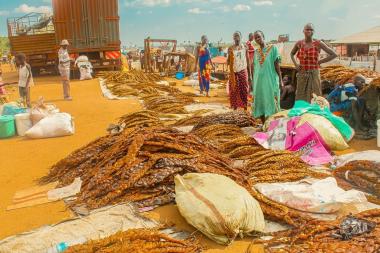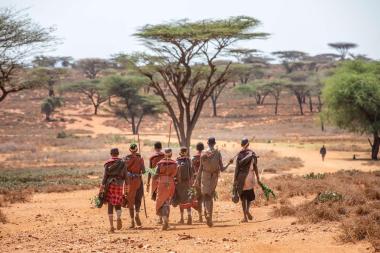Gender and social inclusion
SPARC aims to improve knowledge to support resilient livelihoods, agriculture and pastoralism by:
- Carrying out research on how programmes delivering support to farmers and pastoralists can be designed and implemented more effectively and;
- Supporting innovation and the use of technology in Foreign, Commonwealth and Development Office (FCDO) and partner programmes.
Pastoralism and agriculture have strong gender differences. Socially- and culturally-constructed norms mean that men and women usually carry out different activities. In SPARC, we are committed to unpacking the various dimensions of social identity - such as gender, age, ability, class, education, language and sexuality - and the ways they intersect with each other. In our operational activities, we focus on gender and disability as two core and under-addressed elements, while recognising that they are not the only areas of concern.
Research can be gender-sensitive by recognising the differences between genders and different social groups, and working with them to ensure inclusion. It can also illuminate the root causes of inequality. But SPARC recognises that policies and programmes can go one-step further and be gender-responsive by actively addressing the root causes of inequality.
The populations in SPARC countries are also young. Despite this, we know that youth can be marginalised and deprived of a voice when decisions and policies affecting them are made. We are committed to re-dressing this imbalance by engaging with youth groups and networks at the national and international levels.
Our approach
SPARC believes that to address concerns around gender equality and social inclusion in agro-pastoralism research, we need to go beyond equal opportunity. Our vision is to move towards a transformation of the rules and practices of public institutions, and to change how evidence is developed and applied in public policy making.
We are committed to this, guided by the following principles:
- Ensuring that research and innovation design and evaluation processes apply a lens of gender and social inclusion;
- When targeting knowledge to policies and programmes, commit to making visible the causes and consequences of inequality;
- Ensuring that innovation and demonstration projects effectively target the needs of disadvantaged groups (including women, youth and people with disabilities);
- Making communication accessible to a wide variety of groups;
- Engaging with youth at the national and international level, and equipping young people with the knowledge they need to support innovation and ideas as future leaders;
- Ensuring that all policy and programme recommendations promote gender-responsiveness and social inclusion;
- Committing to providing to an open, inclusive and respectful SPARC working environment and organisational culture where all team members are supported and have equal access to opportunities, including opportunities for representation in decision-making fora;
- Promoting capacity-building opportunities on GESI (including for women, people living with disabilities and younger members of the team).



